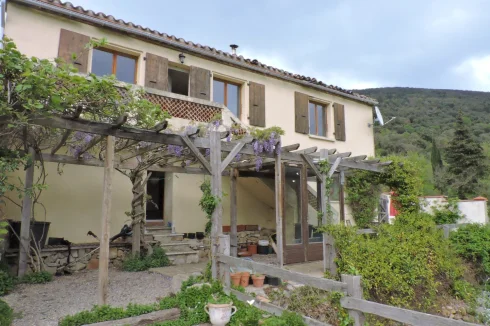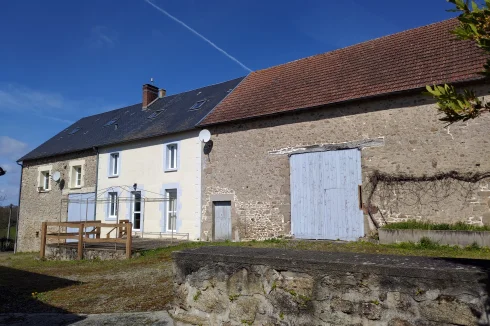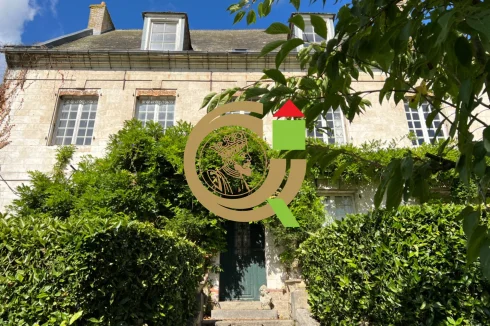Shake Up of Rural Councils
Wednesday 15 June 2011
The local mairie, the traditional cornerstone of political and community life in France, is fast losing its raison d’être.
A reform of local government is taking place in France, in which the primary casualty is the mairie, particularly in rural areas.
Each of the approximately 36,000 communes in France has its own council, with the mayor of the mairie often holding considerable powers and responsibilities.
As the population of each commune varies from several hundred to several hundred thousand inhabitants, so do the resources and responsibilities of each mairie.
With many local councils becoming overwhelmed by the weight of responsibilities heaped upon them, and obliged to frequently operate on an inter-communal basis, the government is set on a course of a rationalisation of the current structure.
The reform plans envisage the effective amalgamation of councils into larger units, having a minimum population of 5,000 inhabitants, with a preference for joint councils with a minimum population of 10,000 inhabitants, a proposal that has not gone down well amongst rural councils.
Many local councils are already part of inter-communal structures, notably for the delivery of water and sanitation, and planning and economic development. Some of these inter-communal structures also have their own tax raising powers.
However, it is a hotchpotch of different types of structures across the country, which has all been entered into on an (ultimately) voluntary basis, and in which some 2000 local councils do not participate.
The government have now decreed that by June 2013 there must be in place a more coherent system of inter-communality across the whole of France.
Under these changes the local mairie will continue to exist, but in rural areas it will be pretty much in name only.
As this inevitably means a reduced role for the local mayor it is proving difficult to achieve a rationalisation of the current system on a voluntary basis.
In some cases, local councils are also being asked to merge with adjoining major cities to form a new political and administrative unit containing at least 500,000 inhabitants, called a métropole. The aim of this reform is to increase the competitiveness of the major urban conurbations in France.
After an initial 'softly softly' approach by the government to try and bring in the reforms on a consensual basis, they have now taken a sterner line, giving the initiative to the local préfet, who has strong powers to impose changes if necessary, although it is likely most will be reluctant to act in a heavy handed manner. There are also strong financial incentives encouraging all local councils to merge.
Departments and Regions
In addition to the reform of the local mairie, there are also changes occurring at a department and regional level.
Although both the department and regional structures of local government will be retained (against the initial wishes of the government), the powers between the two of them are being more clearly demarcated to avoid overlapping responsibilties.
Elected representatives who serve on them will serve on both councils. The new elected representatives will be called conseiller territorial. Around 3500 conseillers territoriaux will replace 6000 conseillers généraux and régionaux.
It can, therefore, be assumed that it will only be a matter of time before the departmental councils wither on the vine, but in France, a country where complexity and compromise form part of the natural process of political life, nothing is achieved easily or quickly.
The other problem for both the departmental and regional councils is that the proposed métropoles will assume their powers and responsibilities, and there is concern about the impact on strategic planning and resources for those councils who may lose their major conurbations.
Thank you for showing an interest in our News section.
Our News section is no longer being published although our catalogue of articles remains in place.
If you found our News useful, please have a look at France Insider, our subscription based News service with in-depth analysis, or our authoritative Guides to France.
If you require advice and assistance with the purchase of French property and moving to France, then take a look at the France Insider Property Clinic.





